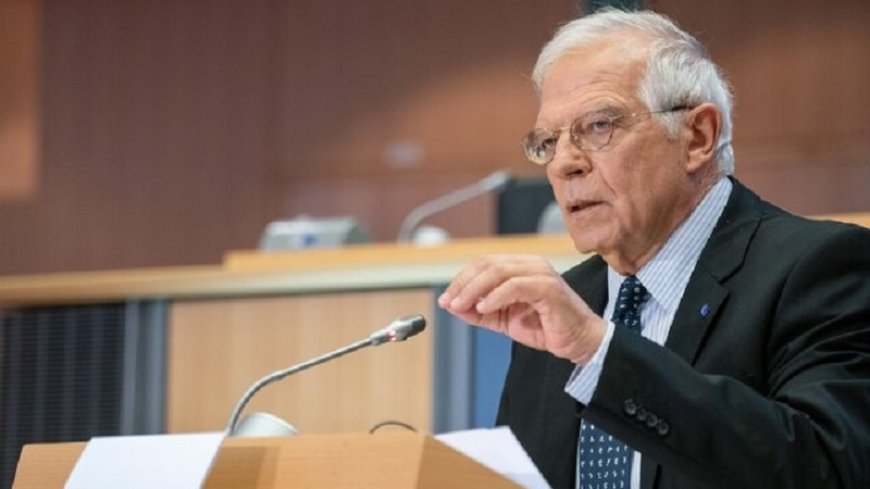Borrell: The United States has lost its place in the multilateral World Order

In a recent and profound assessment of global dynamics, the European Union's High Representative for Foreign Affairs, Josep Borrell, has articulated a shift in the multilateral world order, pointing out the waning influence of the United States on the global stage. During a speech delivered at the University of Oxford, England, Borrell elaborated on how the U.S. no longer holds the unilateral authority it once commanded in international affairs. Highlighting the significant economic shifts over the past three decades, Borrell provided a stark comparison of the global GDP contributions by leading economies.
Notably, he pointed out that China's share of the global Gross Domestic Product (GDP) has dramatically risen from six percent to nearly 20%. In stark contrast, the combined contribution of European countries has decreased from 21% to 14%, with the United States seeing a decline from 20% to 15%. These statistics underline a broader redistribution of economic power that extends beyond mere numbers, reflecting a tangible shift in geopolitical influence. Further into his speech, Borrell addressed the evolving competitive landscape wherein China is rapidly transitioning from being merely a hub for inexpensive manufacturing to becoming a formidable military and technological powerhouse. This transformation positions China not only as a rival to Europe but also as a direct competitor to the United States in spheres that will dictate future global trends, such as advanced technology and innovation.
An aspect worth noting is China’s aggressive strategy towards reshaping the economic framework by challenging the supremacy of the U.S. dollar in international transactions. This move could potentially redefine financial relations and the global economic order, bolstering China's position as a dominant global economic force, expected to soon surpass the United States. Borrell’s observations are timely, coming at a moment when the U.S. faces various international challenges that have somewhat eroded its post-Cold War dominance. The shifting dynamics underscore the need for the U.S. to reassess its strategies in maintaining its global standing, particularly in relation to an ascendant China and a strategically recalibrating Europe. These developments signal a crucial juncture in international relations, suggesting that the era of a unipolar world dominated by the U.S. is giving way to a more multipolar world order.
Europe, navigating between the traditional alliance with the United States and the unavoidable rise of China, finds itself in a pivotal position to influence the future direction of global policies and alliances. Josep Borrell’s remarks not only encapsulate a factual analysis but also call for a strategic rethink among Western allies on how to effectively engage with a multilateral world that is no longer dictated by single-state hegemony. This evolving scenario poses both challenges and opportunities for the European Union as it seeks to assert its influence and values in a rapidly changing global landsca













































